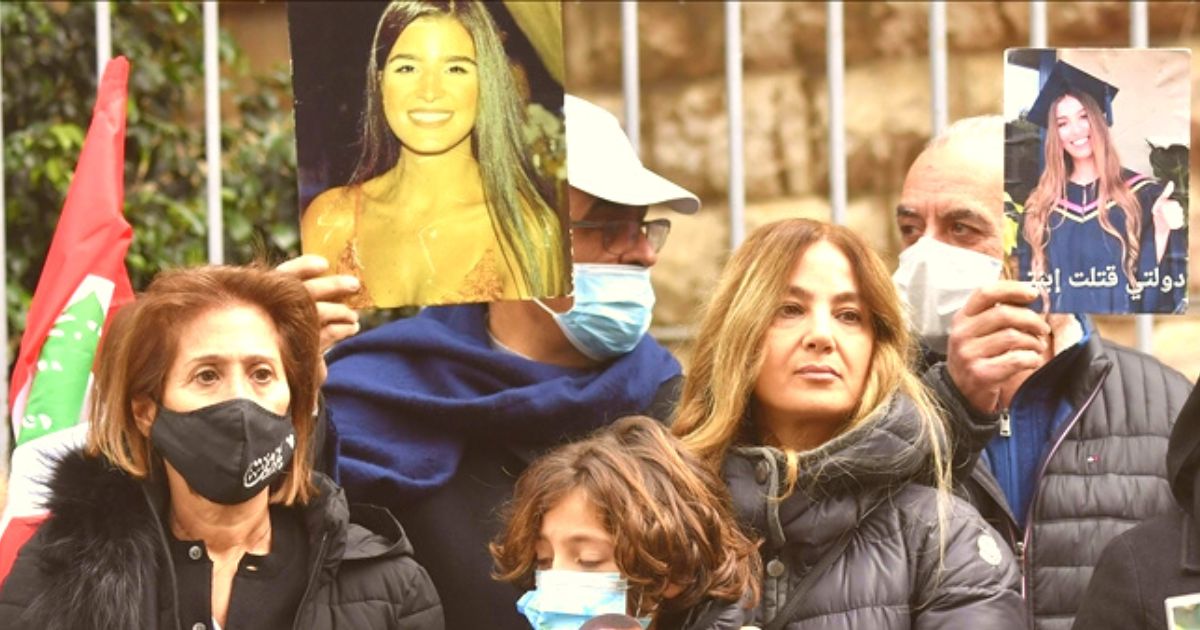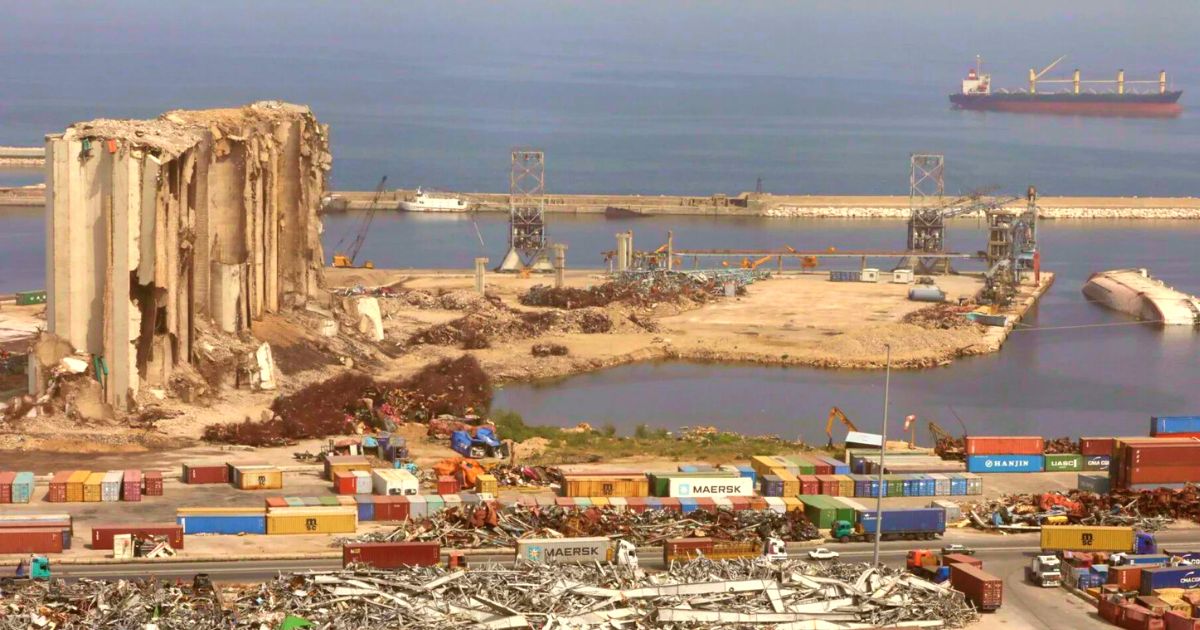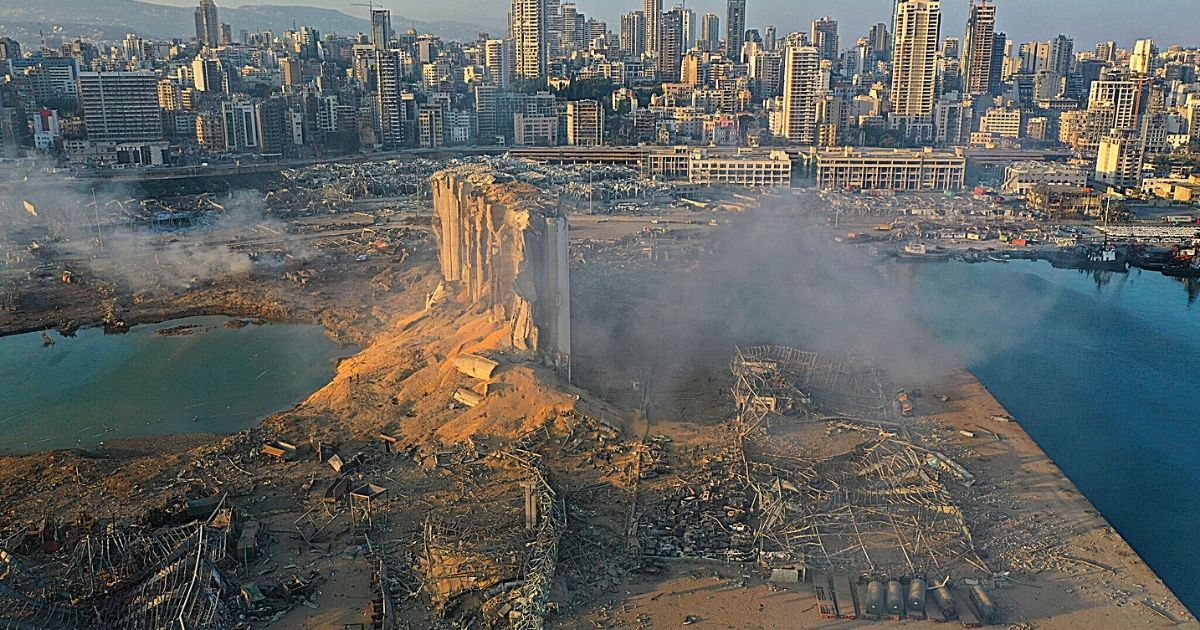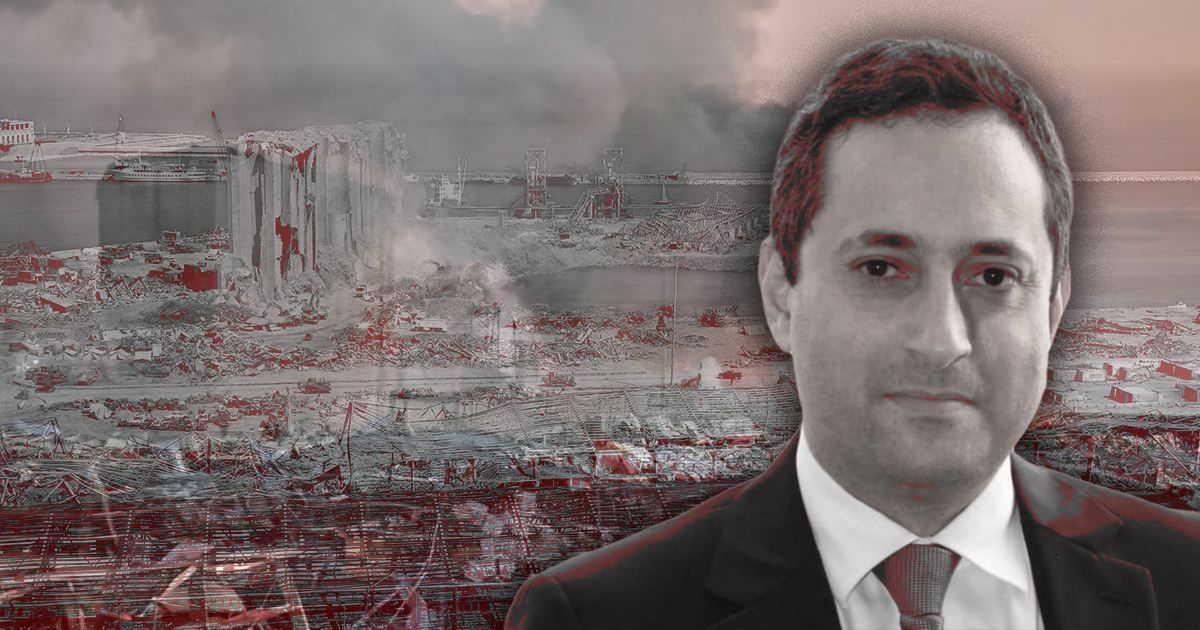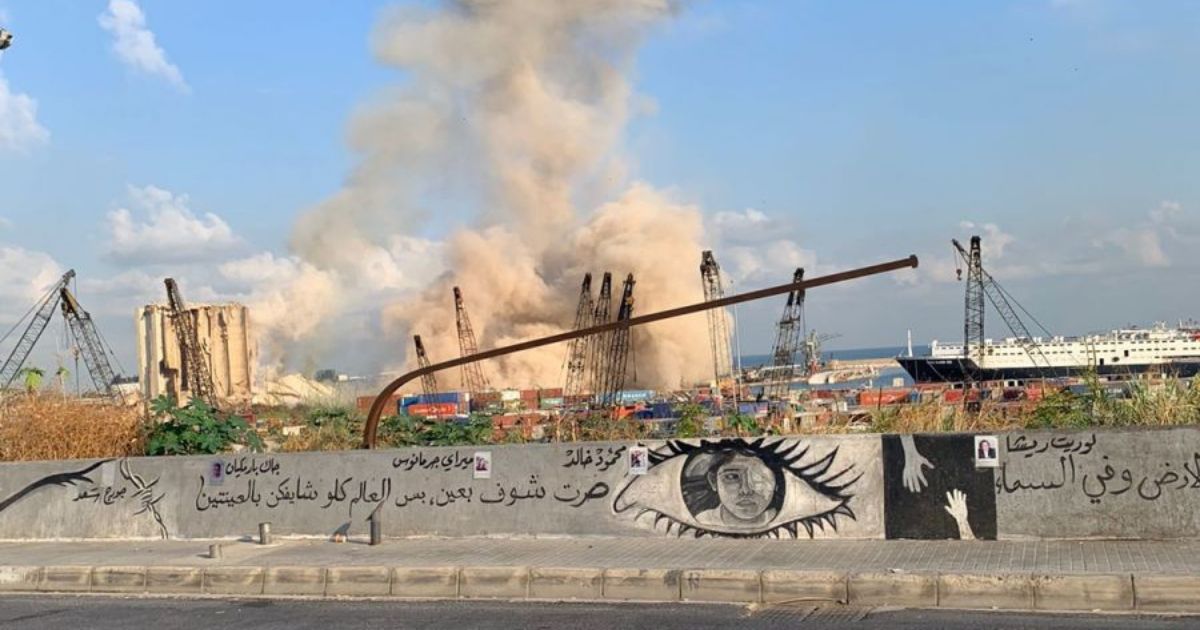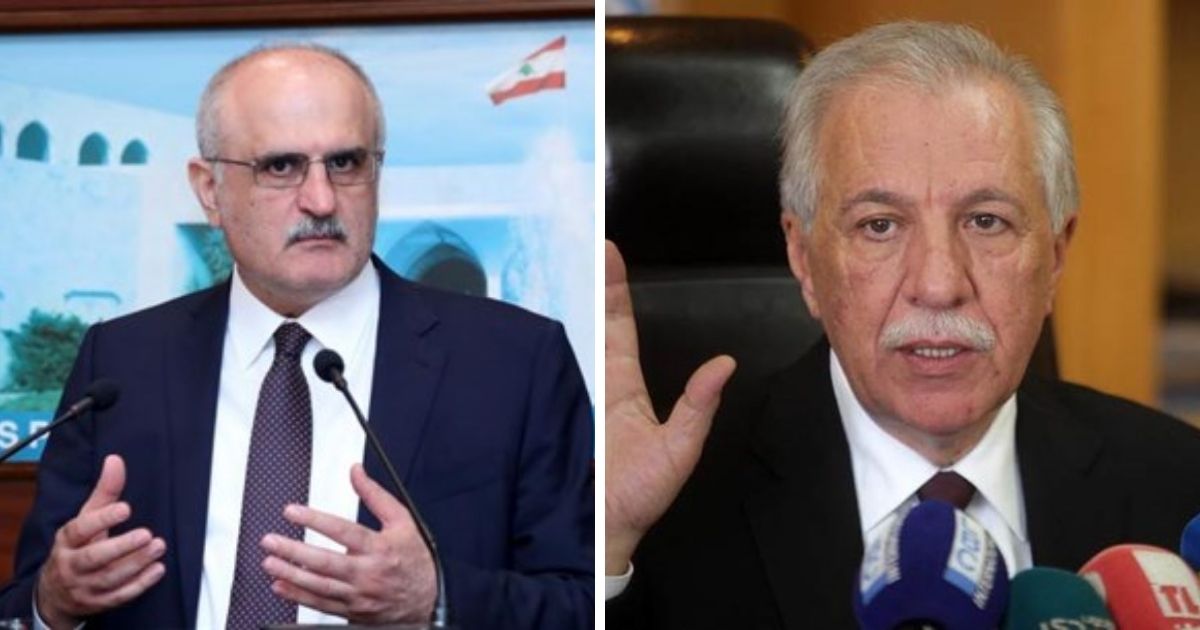The horrific explosion at the Beirut port on August 4th has left many citizens in the Lebanese capital traumatized and dealing with anxiety and post-traumatic stress disorder, especially the children, many of whom are now homeless.
“Children have experienced a terrible shock and need time to recover,” said Rima Mohsen, an alternative care specialist for Save The Children in Beirut.
Save The Children is an organization with 25,000 dedicated staff across 117 countries, who respond to major emergencies, deliver innovative development programs, and ensure children’s voices are heard.
“They have been scared by what they have experienced and they will need someone close. Being separated from their parents can impact their mental health and recovery,” the NGO says.
The port explosion has displaced 100,000 children and 1,000 of the estimated 6,000 injured in the blast are minors.
Child development specialists predict the multiple layers of critical mental conditions Lebanese children are struggling with could give rise to a future generation of either damaged or resilient adults.
UNICEF says children caught in the Beirut Explosion will need special care and protection to recover, particularly in the middle of the coronavirus pandemic.
A speedy mental health response is vital for preventing trauma in children.
Kids are resilient and they would be trying at the moment to recover from the traumatic effects of the explosion on them, but that’s not something they can do alone.
UNICEF and some specialized local NGOs are currently helping affected children cope with bereavement and the trauma of the events they witnessed. They are providing free psychological support services.
They are also assisting in reuniting children with their families from whom they got separated during the blast and the chaos that followed.
As parents, you also have an important role in the recovery of your children.
Whether they were directly impacted by the blast or affected via the media or the loss of someone they loved or knew, there is a trauma to deal with, whatever the level.
You can indeed help them cope and heal in a healthy way, by taking into account the following measures:
#1 Remember that children react to trauma in different ways
There’s no “right” or “wrong” way to feel after a traumatic incident, so don’t try to force on your children what they should be thinking or feeling.
#2 Encourage your children to openly share their feelings
Listen to what they want and need to express. Make sure they know that whatever feelings they’re experiencing are totally normal.
#3 Allow them to grieve
They need time to heal and mourn just like everyone else. Be there for them. Nothing is more important.
#4 Discourage your children from obsessively reliving the traumatic event
Instead, encourage activities that keep your child’s mind occupied so they’re not solely thinking about the traumatic event.
#5 Reduce their exposure to media
Don’t let your children watch the news or check social media if they are not coping well mentally. Make sure to prevent them from viewing disturbing footage.
And remember, if they want to talk about what they saw, don’t stop them. Allow them to express it, be there for them, talk it out with them, and then bring in the #4 measure.
#5 Destress as a family
While you have your own grief and trauma to deal with, and destressing at the moment is not something you feel able to do, this activity will benefit all of you. Your kids need it, your family needs it, and you need it.
Take some family time to indulge in relaxation techniques, such as breathing exercises to relieve stress and feel more at ease. Watch a light movie together, away from the drama.
#6 Give them more affection and love
It might be needless to point out this to Lebanese parents, loving as they are, but it is nonetheless important to remind everyone that the children of Lebanon need, now more than ever, to regain a sense of safety; parental hugs and staying by their side will go a long way at this stage.
Parents needing psychological support to cope with the trauma, here are 7 centers currently providing that for free.




